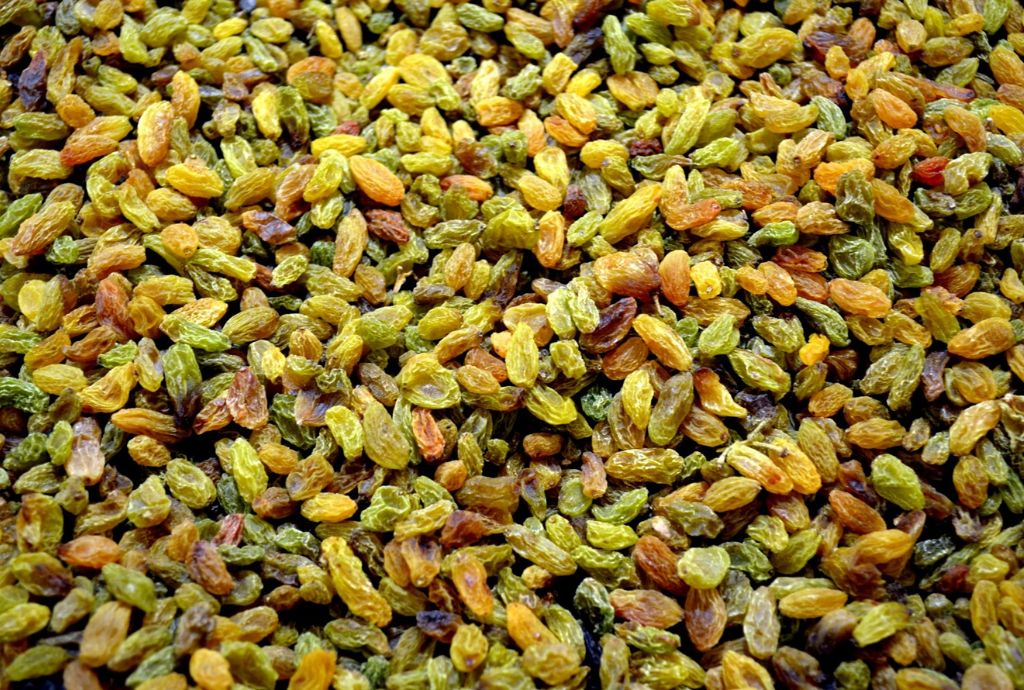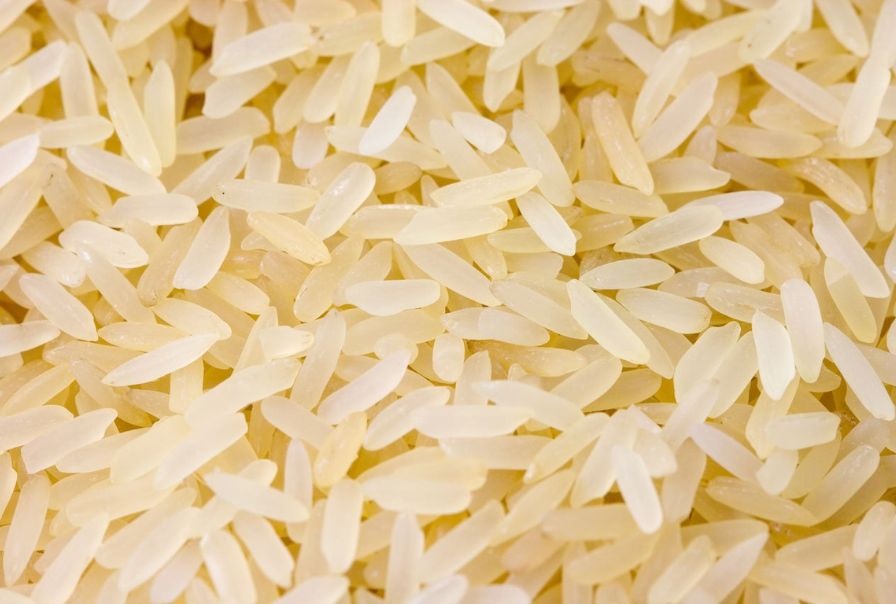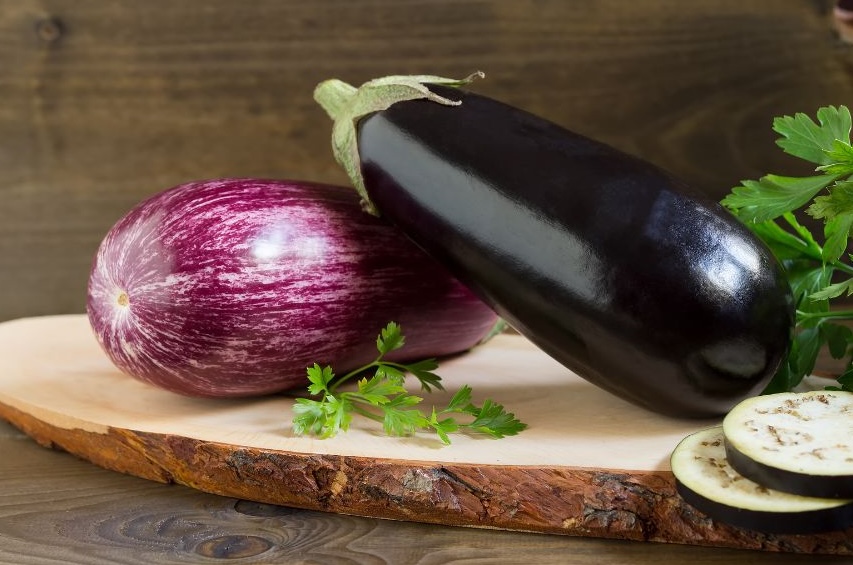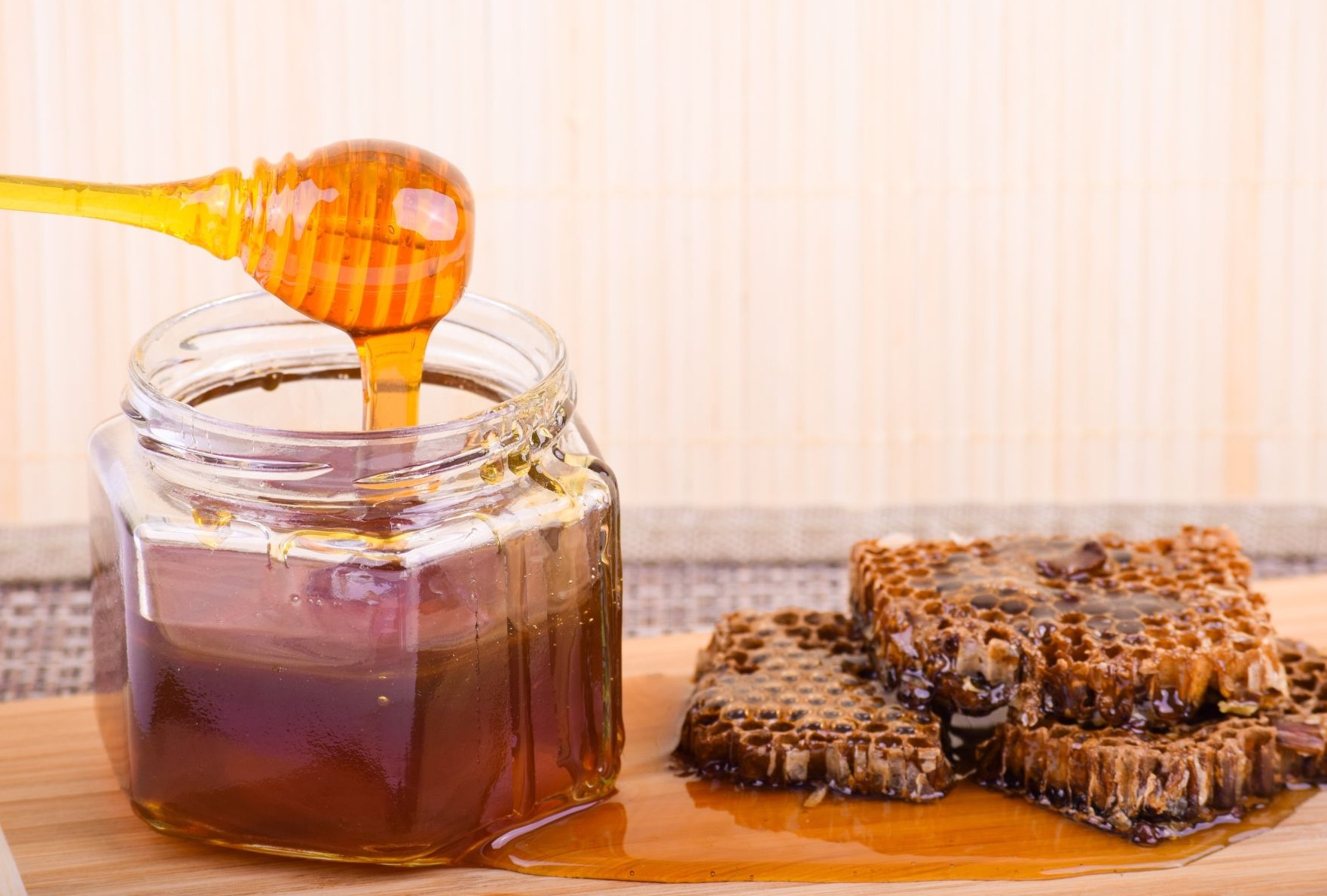
Chickens, with their inquisitive nature and omnivorous diet, often prompt questions about what treats are safe and beneficial for them. Among the many treats that chicken keepers consider, raisins often come up as a potential option. Raisins, being sweet and readily available, seem like an appealing snack, but can chickens eat raisins safely? Understanding the impact of raisins on chicken health and well-being is crucial for responsible flock management.
As a chicken keeper, ensuring the diet of your flock is balanced and nutritious is paramount. Chickens thrive on a varied diet that includes grains, vegetables, and occasional treats. While it’s tempting to offer your feathered friends a variety of snacks, it’s important to know which foods are safe and which should be avoided. This article delves into the specifics of feeding raisins to chickens, highlighting both the potential benefits and the risks associated with this dried fruit.
Table of Contents
Nutritional Content of Raisins
What Makes Raisins Appealing to Chickens?
Raisins, dried grapes, are naturally sweet and packed with nutrients. They contain sugars, vitamins, and minerals that can be beneficial in moderation. For chickens, the sweet taste of raisins can be quite enticing, making them an easy treat to administer. However, the high sugar content also means that raisins should be given sparingly to avoid health issues.
Key Nutrients in Raisins
Raisins are rich in several nutrients, including:
- Natural Sugars: Provide a quick energy boost.
- Dietary Fiber: Aids in digestion.
- Vitamins: Particularly Vitamin B and K.
- Minerals: Such as potassium, iron, and calcium.
These nutrients can contribute positively to the diet of chickens, but the high sugar content requires careful management to prevent adverse effects.
Benefits of Feeding Raisins to Chickens
Boosting Energy Levels
One of the primary benefits of feeding raisins to chickens is the immediate energy boost they provide. The natural sugars in raisins can be particularly useful for chickens that need extra energy, such as during molting or cold weather when their energy demands increase.
Supplementing Diet with Essential Nutrients
Raisins can also serve as a supplemental source of essential vitamins and minerals. The presence of vitamins B and K can support various bodily functions, while minerals like potassium and calcium are vital for maintaining overall health.
Encouraging Foraging Behavior
Offering raisins as a treat can stimulate the natural foraging behavior of chickens. Scattering raisins around the coop or run encourages chickens to search for their food, promoting physical activity and mental engagement.
Risks Associated with Feeding Raisins to Chickens
High Sugar Content
While raisins offer certain benefits, their high sugar content is a significant concern. Excessive sugar can lead to obesity, diabetes, and other metabolic issues in chickens. It’s important to monitor the quantity of raisins given to avoid these health problems.
Digestive Issues
Raisins are high in fiber, which, although beneficial in moderate amounts, can cause digestive issues if consumed in excess. Overfeeding raisins can lead to diarrhea or an upset digestive system, disrupting the overall health of the flock.
Choking Hazard
Due to their size and texture, raisins can pose a choking hazard, especially for younger or smaller chickens. It’s advisable to chop raisins into smaller pieces to reduce this risk.
How to Safely Feed Raisins to Chickens
Moderation is Key
When feeding raisins to chickens, moderation is essential. Raisins should be offered as an occasional treat rather than a regular part of their diet. A few raisins per chicken once or twice a week is generally a safe guideline.
Introduce Slowly
If your chickens have never had raisins before, introduce them slowly to monitor their reaction. Start with a small amount and observe for any signs of digestive upset or adverse effects.
Preparation Tips
To minimize choking risks and ensure easier digestion, consider chopping raisins into smaller pieces before offering them to your chickens. Mixing raisins with other feed or scattering them can also encourage natural foraging behavior.
Alternatives to Raisins
Fruits and Vegetables
There are plenty of other fruits and vegetables that can be safely fed to chickens. Apples (without seeds), berries, melons, and leafy greens are excellent choices that provide a variety of nutrients without the high sugar content found in raisins.
Grains and Seeds

Grains and seeds, such as oats, barley, and sunflower seeds, can also be a healthy addition to your chickens’ diet. These options offer a good balance of carbohydrates, proteins, and fats.
Commercial Treats
Many commercial chicken treats are specifically formulated to provide balanced nutrition. These treats can be a convenient and safe option for supplementing your chickens’ diet.
Signs of Overfeeding Treats
Monitoring Chicken Health
Regularly monitor your chickens for signs of overfeeding treats, such as weight gain, lethargy, or changes in droppings. Maintaining a healthy diet is crucial for preventing health issues and ensuring the longevity and productivity of your flock.
Balancing the Diet
A balanced diet is key to keeping chickens healthy. Treats like raisins should only make up a small portion of their overall food intake. The primary diet should consist of high-quality poultry feed that meets their nutritional requirements.
Conclusion: Can Chickens Eat Raisins?
In conclusion, chickens can eat raisins, but with caution and moderation. Raisins provide certain nutritional benefits and can be a delightful treat for your flock. However, due to their high sugar content and potential health risks, they should be offered sparingly. Always ensure that any treat, including raisins, complements a balanced diet to maintain the health and well-being of your chickens.



